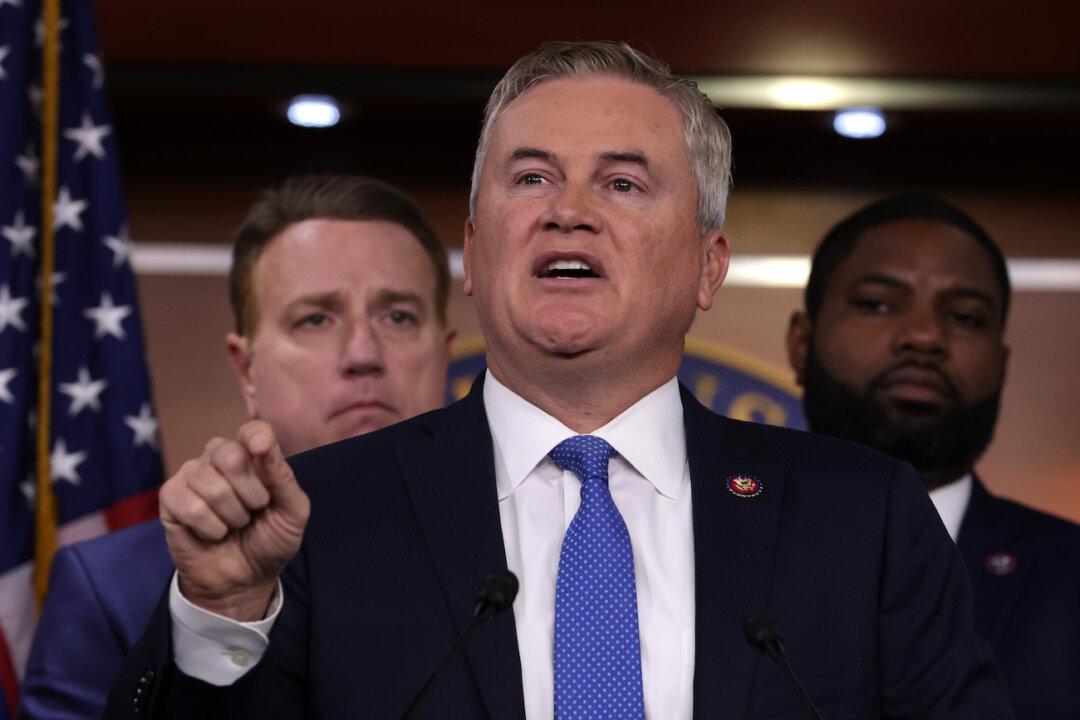Only one of every three federal employees shows up at their office to perform their work duties, even though President Joe Biden declared an end to the COVID-19 pandemic more than a year ago, according to House Oversight and Accountability Committee Chairman James Comer (R-Ky.).
“Three years after the start of the COVID-19 pandemic, most of America has returned to in-person work.





